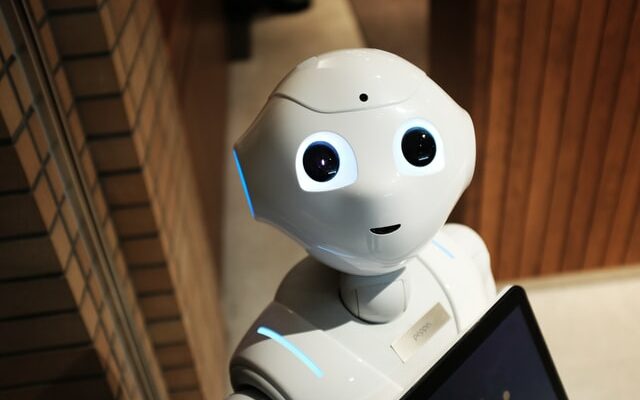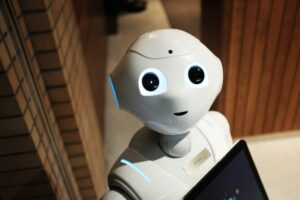Technologies are developing so rapidly that the possibility of global automation of the world cannot be ruled out in the near future. Ray Kurzweil, director of Google and concurrent technology futurist, is actively sharing his vision of the future with the general public. According to his frequent remarks, you can even paint the stages of future changes, up to the end of the century.
Further development of technologies
The future through the eyes of Kurzweil looks rather unusual, but many fantastic assumptions of the past turned out to be a modern reality.
Further development of technology, according to the man, will look like this:
Year Changes
- 2021 The introduction of wireless cheap Internet on 85% of the world
- 2022 Robots will become commonplace. Advanced countries to issue a set of laws governing the relationship between robots and their owners
- 2024 Autopilot vehicles will completely replace manual vehicles. The latter will be completely banned in a number of countries
- 2025-2026 There will be implantable gadgets and technologies that extend human life
- 2028 Solar energy will become key and affordable
- 2029 Computers are getting smarter than the average person thanks to software brain modeling
- 2031-2032 Nanotechnology and 3D printers become available for medicine
- 2034 The emergence of intelligent biorobots
- 2035 The space industry level allows you to protect the planet from meteorites and other celestial bodies
- 2036 3D printers allow printing any tissue and organs, which takes transplantation to a new level
- 2038 The possibilities of medicine will allow programming human cells for self-healing
- 2041 The power of thought will be enough to use search engines, which will be literally everywhere
- 2042 Humanity is getting closer to immortality. An army of nanobots implanted into the body will protect the body from diseases
- 2043 It becomes possible to replace internal organs with cybernetic devices
- 2044 Artificial intelligence becomes billions of times smarter than human
- 2049 The start of the technological singularity
How accurate such bold predictions turn out to be, only time will tell. However, over the years, such assumptions seem less fantastic.
Ray Kurzweil and the accuracy of his predictions
Ray Kurzweil is a renowned futurist who has been speculating about the future for years. Moreover, some of his bold “predictions” are being successfully implemented to this day. In support of his predictions, Ray cites many graphs based on the past pace of technology development. Of course, it cannot be reliably asserted that the rate of technological progress will remain the same, so all Kurzweil’s forecasts are just assumptions.
The periods of growth spurts in the IT industry may also differ from the forecasts of the director of Google. What is really difficult to disagree with is the rapid progress in the field of computer technology, which will undoubtedly affect people and their way of life.
Good or bad?
It is rather difficult to imagine the world of the future voiced by Kurzweil, as well as to objectively evaluate it. One can only speculate how automation and the appearance of nanorobots will affect the quality of life of people.
With nano-robots and 3D printers, there is every chance of making many deadly diseases curable. On the other hand, the problem of overpopulation of the planet will appear, which is relevant today. And if people cope with the shortage of food, then the issue of lack of water will be especially acute. Humanity should also think about the friendliness of artificial intelligence, which will be smart enough to find its power sources.
At this stage of development, it is too early to talk about the nature of the impact of rapid progress. It is not possible to evaluate what does not yet exist. But it’s worth thinking about today.
The pace of technology development is accelerating every year. Such progress inevitably leads to the so-called technological singularity. However, when exactly it will come – in 50 or 500 years, no one can say.



Comments